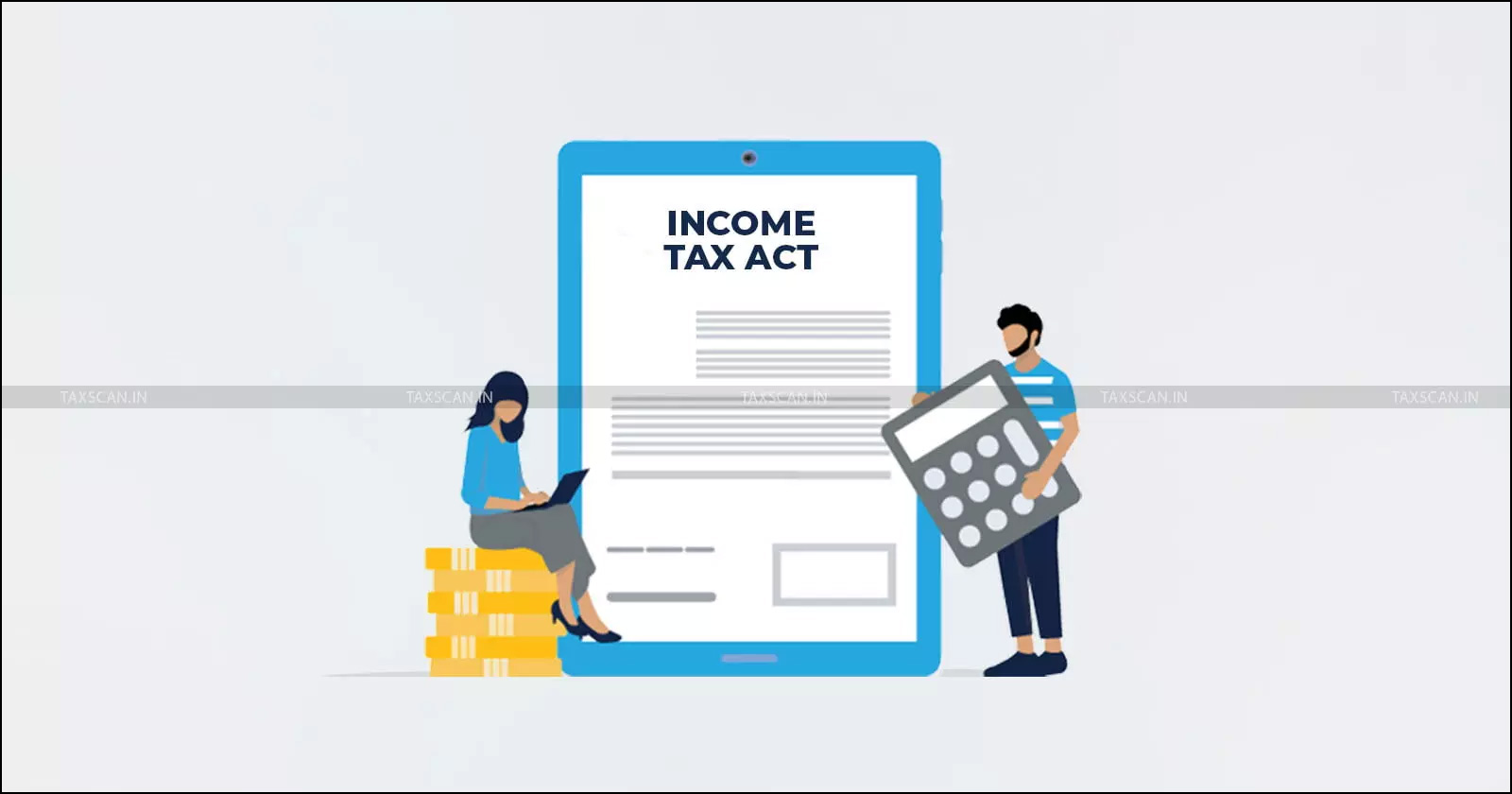Interest under Income Tax payable if unpaid within Period Specified in Demand Notice, While GST, Excise & Customs Impose Immediate Liability: P&H HC [Read Order]
The Court clarified that Section 220(2) creates a liability to pay interest only when tax specified in the demand notice under Section 156 remains unpaid beyond the prescribed period, typically 30 days
![Interest under Income Tax payable if unpaid within Period Specified in Demand Notice, While GST, Excise & Customs Impose Immediate Liability: P&H HC [Read Order] Interest under Income Tax payable if unpaid within Period Specified in Demand Notice, While GST, Excise & Customs Impose Immediate Liability: P&H HC [Read Order]](https://images.taxscan.in/h-upload/2025/11/05/2102561-punjab-and-haryana-high-court-demand-notice-income-tax-payable-excise-customs-taxscan.webp)
The Punjab and Haryana High Court held that under the Income Tax Act, 1961, interest on delayed payment of tax under Section 220(2) becomes payable only if the tax is not paid within the period specified in the demand notice issued under Section 156, unlike under GST, Excise, Customs, and Service Tax, where interest accrues automatically from the date tax or duty becomes payable.
A case was filed by The Karnal Cooperative Sugar Mills Ltd. challenging the demand of ₹74.68 lakh as interest under Section 220(2).
The petitioner, a cooperative society, was originally assessed to a tax demand of ₹1.24 crore for Assessment Year 1994-95. Pursuant to the demand notice dated 14 December 1994 issued under Section 156, it deposited ₹82.93 lakh by February 1995.
Later, on appeal, the Commissioner (Appeals) set aside the assessment order, and the department refunded the tax along with ₹6.63 lakh interest.
The department, however, appealed to the Income Tax Appellate Tribunal (ITAT), which allowed the Revenue’s appeal in 1998. Consequently, a fresh demand notice under Section 156 was issued on 7 September 1998 for ₹1.31 crore, including the earlier refunded interest.
The assessee discharged this demand but was subsequently issued another order dated 7 December 1998 demanding ₹74.68 lakh as interest under Section 220(2).
The Revenue contended that interest should be computed from the date of the first demand notice (1994), relying on a CBDT circular dated 3 April 1982, which stated that a second notice relates back to the first.
The petitioner, however, argued that once the original assessment order was set aside and tax refunded, the first notice ceased to exist, and interest could accrue only from 30 days after the second notice issued following the Tribunal’s order.
Justice Jagmohan Bansal and Justice Harpreet Kaur Jeewan rejected the Revenue’s reliance on the CBDT circular, observing that administrative circulars cannot override statutory provisions or judicial interpretation.
The court, depending on the Supreme Court’s judgment in CCE v. Ratan Melting & Wire Industries (2008) 13 SCC 1,observed that circulars represent only the executive’s understanding of the law and are not binding on courts.
The Court clarified that Section 220(2) creates a liability to pay interest only when tax specified in the demand notice under Section 156 remains unpaid beyond the prescribed period, typically 30 days.
Since the petitioner’s earlier notice had become inoperative after the first appellate authority’s order, the liability for interest could only arise from 7 October 1998 thirty days after the fresh demand notice dated 7 September 1998. Accordingly, the department was directed to recalculate interest from that date till the date of payment.
“We would hasten to add that under Central Excise Act 1944; Customs Act, 1962; Central Goods and Services Tax Act, 2017; Chapter V of Finance Act, 1994 (Service Tax) interest is payable from the date tax/duty is payable whereas under Income Tax Act interest as per Section 220(2) of 1961 Act is payable if tax is not paid within period specified in notice under Section 156 of 1961 Act” observed the court while concluding its order.
The writ petition was allowed.
Support our journalism by subscribing to Taxscan premium. Follow us on Telegram for quick updates



